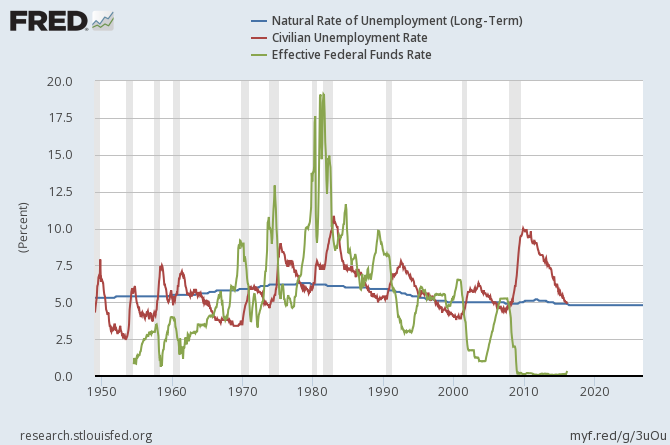So, North Korea and South Korea are discussing an official peace treaty to end the Korean war; the two countries have only been under an armistice. Kim Jong Un has met with his South Korean counterpart and has made noises about ending North Korea’s nuclear program in exchange for guarantees of peace.
It appears that the move to meet with Trump is still on and will probably happen.
When I wrote about this previously, a lot of people thought it was impossible because Trump is incompetent.
But it’s steaming ahead, though not yet guaranteed.
Which leads us to the Trump paradox: He won the primary and the election, yet he’s incompetent? He lived like a very rich man, even if his business is deeply dubious. He got most of what he wanted from life.
And he may get a Korean peace deal, something no President since the Korean war has been able to achieve (or perhaps didn’t want to achieve–in which they were wrong).
So what is competence? If you crush all your primary opponents and win the Presidency are you incompetent?
Well, yeah, about some things. Clearly Trump is incompetent in a lot of ways. But I recall an interview I read with Bannon (behind a paywall I can’t get past right now) in which the interviewer said to Bannon: “If you could get even Trump elected, could you get me elected,” and Bannon said (paraphrased): “No dude. Trump was a blunt instrument. He was able to do rally after rally, speech after speech, like a machine, far more than Clinton could do. For that sort of thing he had endless energy.”
In other words, at rallies and in whipping up crowds, Trump was the amazing energizer bunny of presidential candidates.
People keep underestimating Trump. The Clinton campaign went so far as to do their best to help him win the primary, assuming that he’d be easy to crush in the general.
Oops.
If a Korean peace treaty is signed while Trump is President, let alone if Kim gives up his nukes, that will be a great accomplishment.
Of course it could well be bullshit. It could fall apart. But we’re now closer than we have been in almost 70 years.
We could use a little more incompetence like this.
The results of the work I do, like this article, are free, but food isn’t, so if you value my work, please DONATE or SUBSCRIBE.


